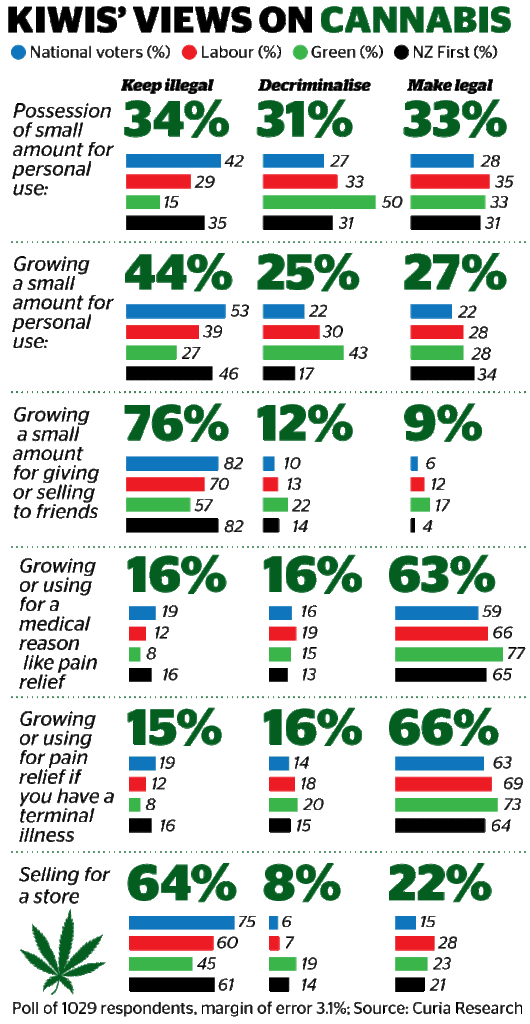The Dom Post reports:
LESTER’S POLL
Who would you vote for to be Mayor of Wellington?
* Justin Lester – 34.5 per cent
* Jo Coughlan – 17.5 per cent
* Nick Leggett – 17.4 per cent
* Helene Ritchie – 4.2 per cent
* Nicola Young – 3.5 per cent
* Andy Foster – 1.4 per cent
* Another candidate – 5.3 per cent
* Unsure – 16.3 per cent
Who is your second preference?
* Jo Coughlan – 19 per cent
* Nick Leggett – 17.4 per cent
* Andy Foster – 14.4 per cent
* Justin Lester – 13.1 per cent
* Nicola Young – 11.3 per cent
* Helene Ritchie – 3.9 per cent
* Another candidate – 4.5 per cent
* Unsure – 16.6 per cent
LEGGETT’S POLL
Who is your first preference to be Mayor of Wellington?
* Justin Lester – 19.6 per cent
* Nick Leggett – 19.2 per cent
* Jo Coughlan – 11.1 per cent
* Nicola Young – 3.5 per cent
* Andy Foster – 1.1 per cent
* Keith Johnson – 0.7 per cent
* Johnny Overton – 0.1 per cent
* Unsure – 43.8 per cent
Who is your second preference?
* Nick Leggett – 13 per cent
* Justin Lester – 12 per cent
* Jo Coughlan – 12 per cent
* Nicola Young – 5 per cent
* Andy Foster – 2 per cent
* Keith Johnson – 1 per cent
* Helene Ritchie – 1 per cent
* Johnny Overton – 0 per cent
* Unsure – 54 per cent
